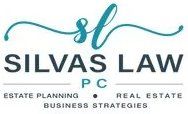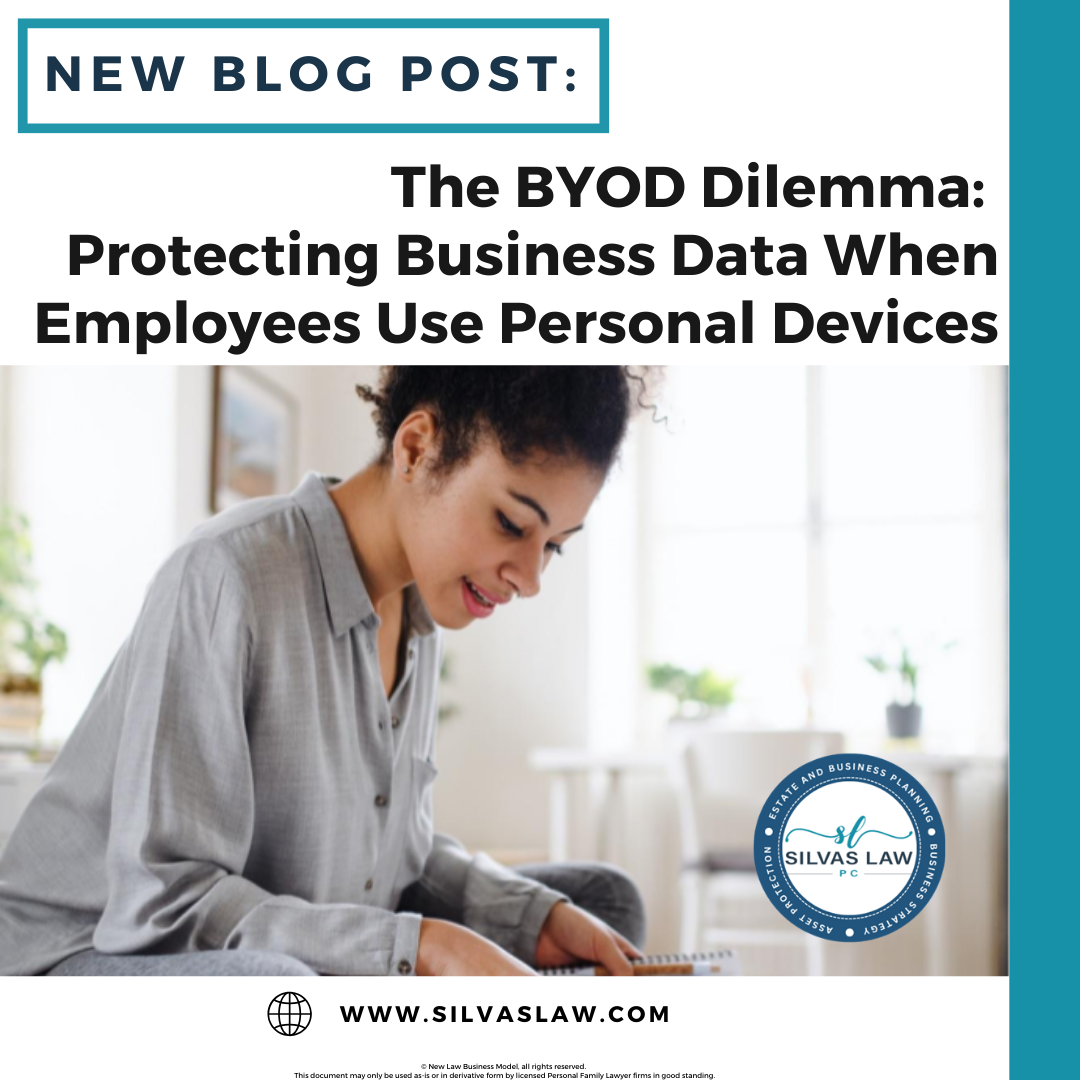How Your Choice Of Business Entity Affects Your Tax Obligations—Part 1
Along with personal liability protection, record-keeping requirements, and how you plan to finance your operation, one of the main factors to consider when choosing an entity structure for your business is deciding how you want your company taxed. Your choice of entity will not only determine the rate at which your business is taxed, as well as how and when you are required to file your taxes, but it can also impact a variety of other factors affecting both you and your company.
Some of these factors include how you pay yourself, your risk of being audited by the IRS, the type of tax deductions and tax credits available to your company, and the types of strategies you can use to reduce your tax bill. That said, each entity comes with its own rules and requirements governing its tax obligations. Moreover, depending on your company’s size, location, the number of owners and employees, and its revenue, certain entities won’t be practical from a tax-savings standpoint. Given this, when it comes to paying taxes, there’s no single entity that works best for every business.
On that note, here we’ll provide a brief overview of the tax obligations for each type of business entity, along with some of the advantages and disadvantages inherent to each structure. While this article can serve as a good starting point for helping you understand an entity’s tax benefits, you should always consult with us, your Personal Family Lawyer® with business planning expertise to get our advice before making your final decision.
Sole Proprietorships
As a sole proprietor, you and your business are legally one and the same from the IRS’s perspective. This means all of the business’s assets and liabilities are reported on your personal 1040 tax return. You report your business income and expenses on Schedule C, which becomes a line item on your 1040.
From a tax standpoint, the primary advantage of a sole proprietorship is that it’s simple—you don’t pay any separate taxes for your business, and you report all of your business income and losses on your personal tax return. It’s typically inexpensive (or no-cost at all) to set up a sole proprietorship, and your legal expenses are usually limited to obtaining the needed business licenses or permits, along with the necessary insurance.
However, as a sole proprietor, outside of normal deductions for your business expenses, you will be taxed on all of your revenue, regardless of whether or not you actually withdrew the money from your bank account or took a paycheck. Additionally, the audit risk for sole proprietorships is three-time more likely than that for limited liability companies (LLCs) and corporations,
according to the IRS. You are also required to pay your own self-employment taxes on a quarterly basis. These are contributions to Social Security and Medicare that regular employees usually have taken out of their paycheck, often called “payroll taxes.”
Partnerships
A partnership is basically a sole proprietorship with more than one owner. The partners typically share equal responsibility for the business’ assets and liabilities. Like a sole proprietorship, a partnership is not a separate entity from its owners from a tax perspective.
The partnership reports its income, deductions, losses, and gains to the IRS by filing a Form 1065. However, all of the company’s profits and losses are “passed-through” to the individual partners, who report this information on their individual tax returns via Schedule K-1, and they pay taxes based on their individual tax rates.
Partnerships are generally inexpensive and simple to set up. Although because they have more than one owner, they can be more complex to set up than a sole proprietorship for the simple fact that each partner must agree on all decisions affecting the business. Like sole proprietors, owners of a partnership are required to pay self-employment taxes and submit quarterly estimated tax payments.
Limited Liability Companies
As a limited liability company (LLC), you have flexibility in choosing how you’ll be taxed, and your choices are based on how many owners (known as members) your LLC has. Unless you choose to be taxed as a corporation, single-member LLCs are automatically taxed as a sole proprietorship, while multi-member LLCs are taxed as partnerships.
In either case, your company doesn’t pay any taxes directly. Instead, your share of the net business income is passed through to you, and reported and taxed on your personal tax return, and you’ll pay taxes based on your personal tax rate, as described above.
Alternatively, you may elect for your LLC to be taxed as an S Corporation. In this case, you will file a tax return on behalf of the corporation, reporting all income and expenses on that return. But the entity itself will not pay taxes. Instead, the business will issue you a K-1, indicating the net profit or loss, which will be taxed as ordinary income on your personal tax return.
The main advantage of choosing to have your LLC taxed as an S Corporation is that you only pay payroll taxes on your actual payroll, not on your profit distributions from the company. Whereas, if you are taxed as a sole proprietorship or partnership, all profits are considered payroll and subject to payroll taxes up to the payroll tax limits. Additionally, as mentioned earlier, the audit risk for an S Corporation is typically less than it is for companies taxed as sole proprietorships, where income and expenses are reported on your personal Schedule C.
If your LLC is taxed as an S Corporation, you will pay income taxes on your profit distributions, but you would save roughly 15% in payroll taxes on distributions taken as profits, rather than as payroll, since you don’t pay payroll taxes on income taken as a profit distributions. In contrast, when using an LLC taxed as a partnership or sole proprietorship, you will pay payroll taxes on all distributions to you from the LLC up to the payroll tax limits, and as discussed earlier, your risk of audit by the IRS will be higher as well.
That said, for an S Corporation election to make sense, you’ll want to have at least $60,000 or so of
net income per year. If you are close to that amount and have not yet filed an S Corporation election, consult with us, so we can get you supported to do so.
Entities & Taxes: Choosing The Structure That’s Right For You
Next week, in part two of this series, we’ll cover the tax obligations for the remaining two entity structures—S Corporations and C Corporations—and discuss the benefits and drawbacks related to each one.
Until then, if you need guidance or advice on any issue related to your company’s entity structure—or any other matter affecting your business—meet with us, your Personal Family Lawyer® with business planning expertise to get the support you need.

This article is a service of Tammy Silvas, Personal Family Lawyer®. We offer a complete spectrum of legal services for businesses and can help you make the wisest choices on how to deal with your business throughout life and in the event of your death. We also offer a LIFT Start-Up Session™ or a LIFT Audit for an ongoing business, which includes a review of all the legal, financial, and tax systems you need for your business. Call us today to schedule.













